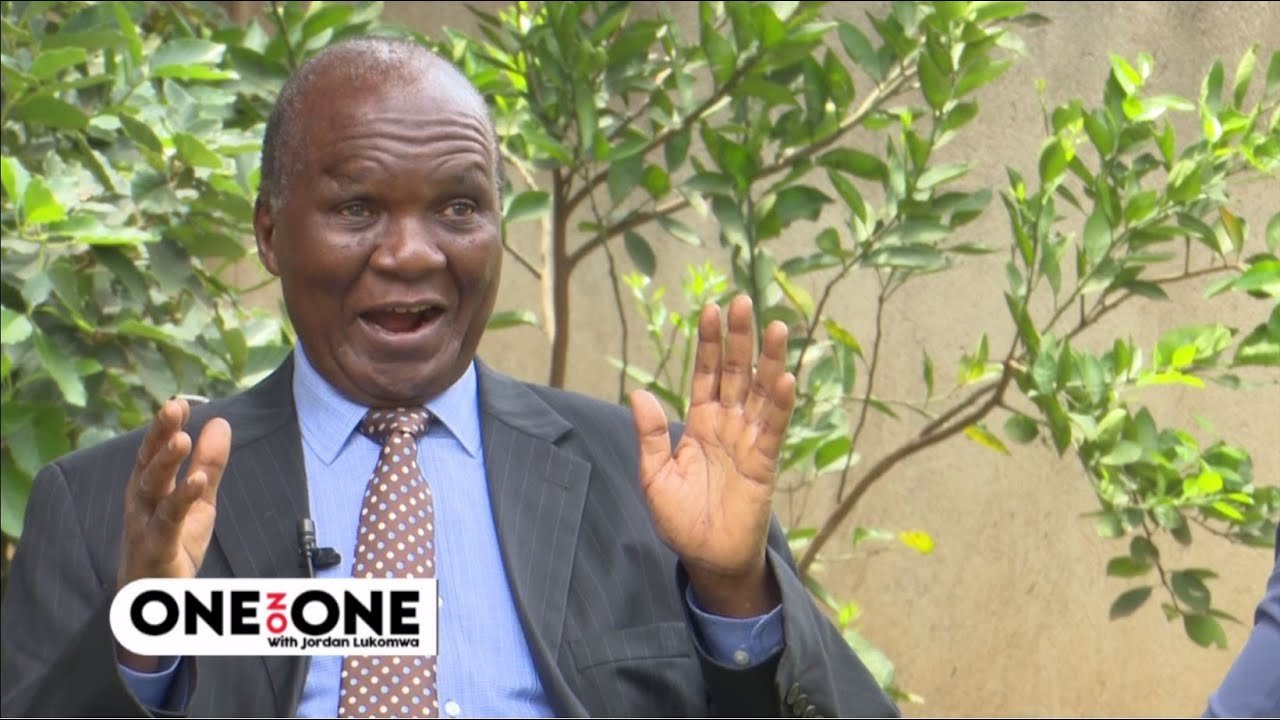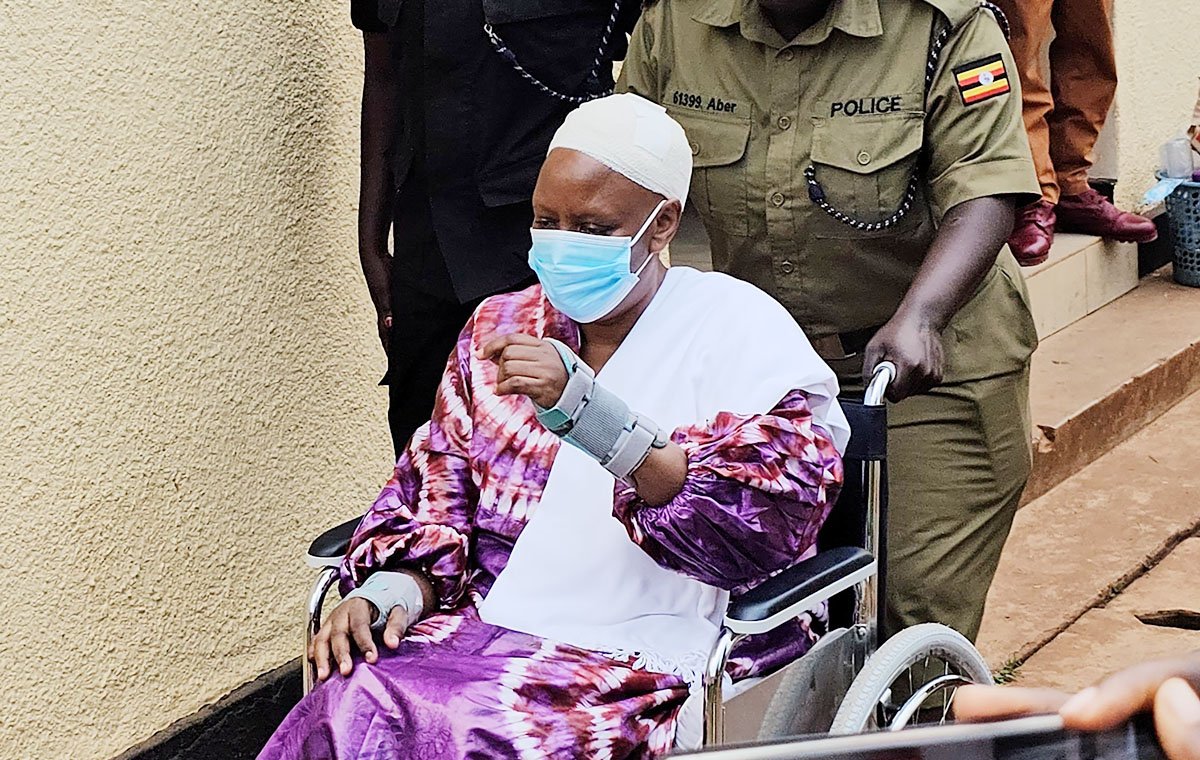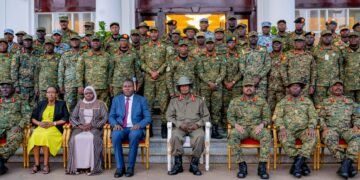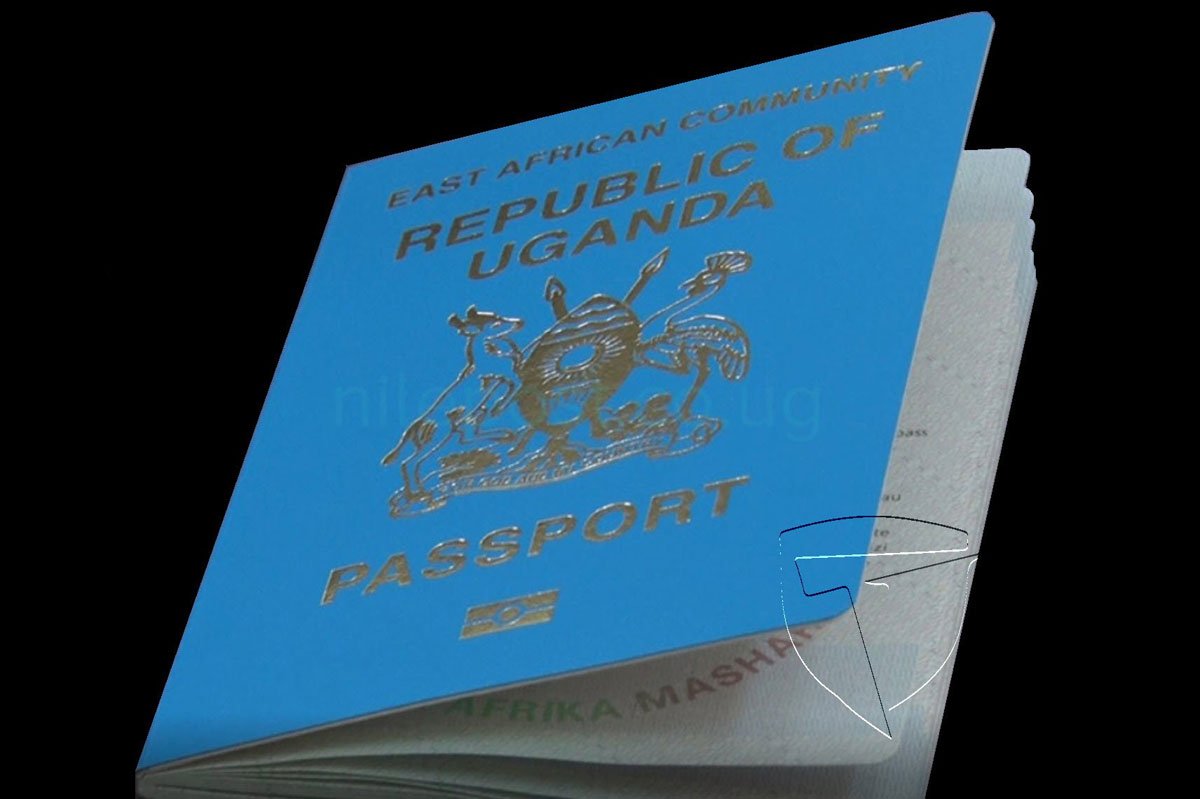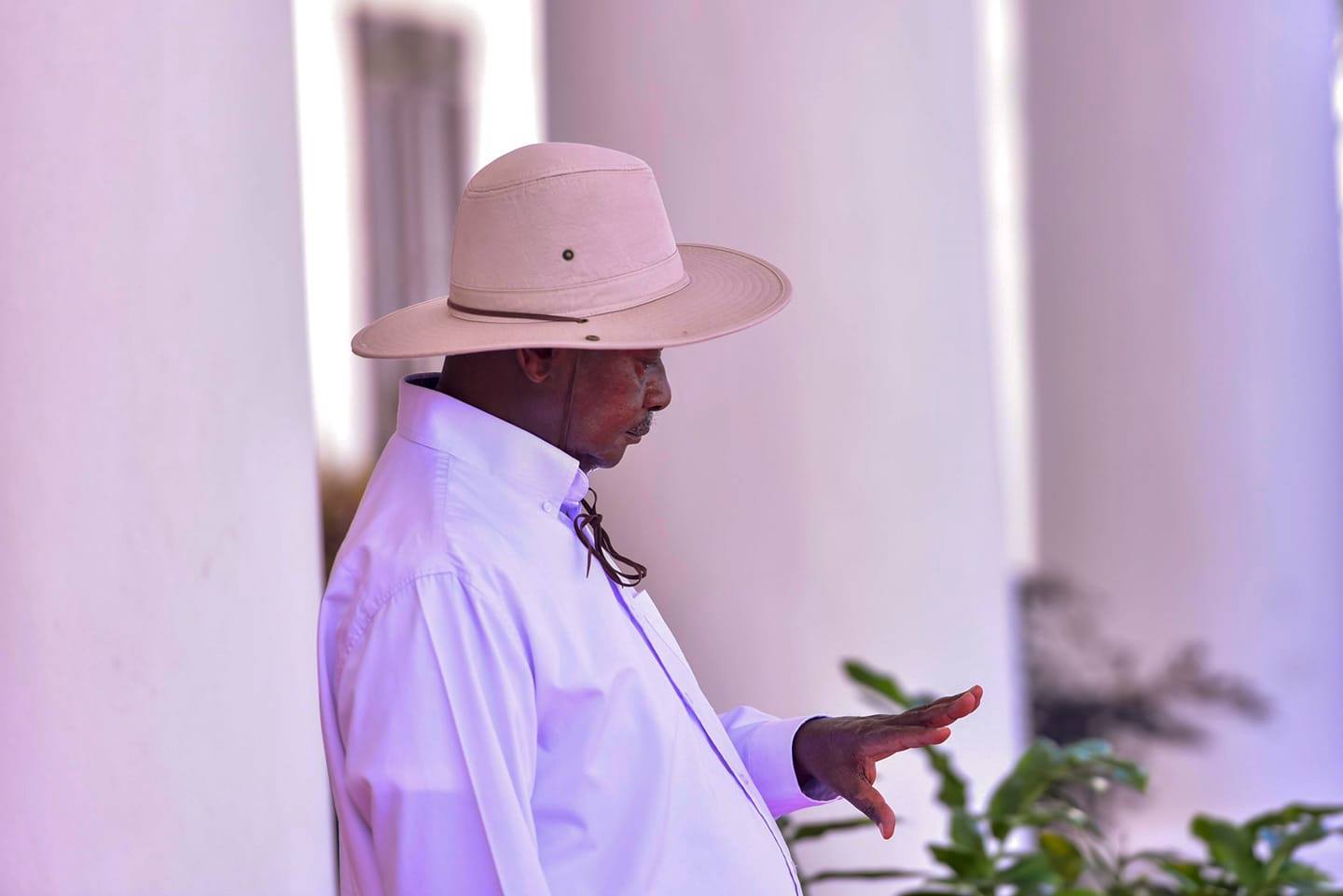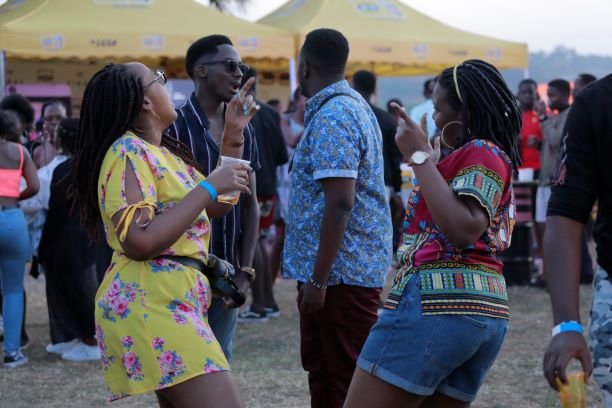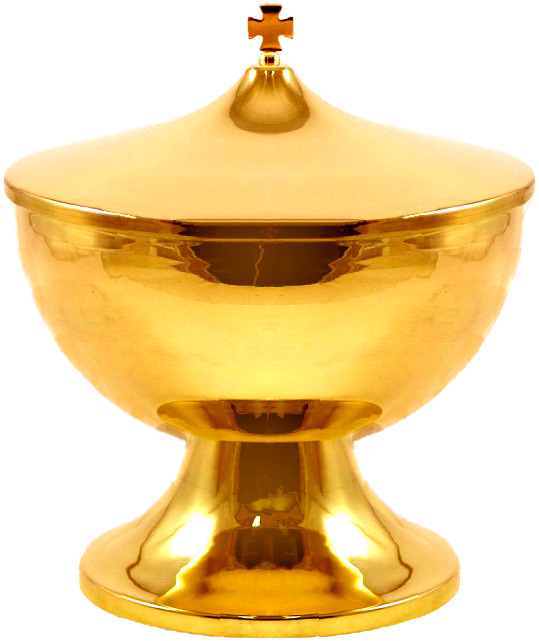Paul Kawanga Ssemogerere aka Ssemo has been described as an “emperor” of Uganda’s democracy and his passing away is the end of an era.
Dr. Paul Ssemogerere has been a thread and needle that attempted to bring different opposition groups to unite for purpose of promoting democracy and rule of law.
Paul Kawanga Semogerere was one of the first people, particularly of his age who joined the Democratic Party at its inception in 1954.
“Democratic party appealed to many of us as an ideal party because of its ethical orientation. They cared much about what was fair, they cared much, they cared about equality, and they cared much about national unity. And these are things some of us cherished,” Dr. Ssemogerere shared with URN.
Semogerere told URN that the non-Catholics that joined DP at the time included, the Late Professor Ssenteza Kajubi, his wife, the late Stanley Bemba, Sheikh Magezi from Masaka, and Mutenyo from Bugisu. “They found comfort in this party. If you talked to Sheikh Mbogo, he would tell you that he doesn’t regret joining the democratic party,” said Ssemogerere.
Unfortunately, most of the persons he listed had passed on leaving him almost the only surviving founder of DP of the era.
Ssemogerere was the President of the Uganda Makerere University Student Association (UMUSA) at the time when his political mentor, Benedicto “Ben” Kiwanuka was elected President-General of DP. Benedicto Kiwanuka replaced Matayo Mugwanya.
Ssemogerere used this position at Makerere to invite Benedicto to address the University community. Ssemogerere was also the DP Publicity Secretary at the time the 1961 elections were held.
The Buganda Kingdom leadership officially boycotted those elections but this was one of the biggest tests to DP which many outside Buganda had branded as a “Catholic” or “Baganda party”. But for DP, national unity, and for the purpose of attaining the independence of Uganda, they were morally obliged to “agree to differ “another core value that Ssemogerere has held high throughout his life.
There is no doubt that Paul Kawanga Ssemogerere was one of the young Turks in Uganda’s independence fight.
“The British government had not expected that there would be one party that would have an overall majority which had been a condition for self-government. And to their surprise, the Democratic Party had an overall majority,” narrated Ssemogerere.
Ssemogerere was a member of the Legislative Council between 1961 and 1962. When DP lost the elections he continued work as a volunteer in the party. He, together with Ben Kiwanuka was arrested by the Obote government’s crackdown on the opposition in 1969. The arrest was under Public Order and Security Act (1967)whichsummarily banned the DP along with other Opposition Parties and groups effective 18/12/69.
He spent 13 months in prison and was released by Idi Amin after the 1971 coup. The ultimate goal of the Democratic Party right from Independence was non-violence and the pursuit of rule of law. This was the reason why Kiwanuka accepted an appointment in Amin’s regime.
Dr. Ssemogerere the defacto DP leader after Kiwanuka’s disappearance maintained a non-violence stance. While he attended the Moshi conference that plotted to oust Idi Amin Dada, nowhere has it been written that he was involved in armed violence.
Paul Ssemogerere and 1980 Elections Ssemogerere was the DP candidate in the 1980 elections which many have said was rigged in favor of UPC. Ssemogerere chose dialogue instead of perusing violence similar to the NRA guerrilla war in Luwero.
Former DP Vice President, Zachary Olum told URN that there were two opinions after the 1980 elections.
“One, to boycott parliament and go to the bush to fight Obote because he rigged the elections and people were angry. Then the other option was to go to Parliament and fight in Parliament. I remember the party had four days of heated debate. The question was should we go to the bush or go to parliament? I remember the majority of us and I’m one of them, Dr. Ssemogerere, Dr. Mulema, and others opted for peaceful dialogue” said Zachary Olum.
Olum was a lecturer at the University of Nairobi by the time the 1980 general elections were held. While Olum was not in Parliament when Obote was in power, he thinks Paul Semogerere and others did a tremendous job as the opposition.
Dr. Ssemogerere joined Parliament as leader of the opposition from 1981 to 1985. DP had 35 seats in the 128-seat Parliament. Some mocked him for joining Parliament under Obote and later Yoweri Museveni.
Dr. Ssemogerere also joined Tito Okello UNLA government as the Minister of Internal Affairs to the disappointment of others. But until his death, he saw no fault of his participation.
“When they (Tito Okello) took over the government, they declared themselves to work for reconciliation and for returning the country to civilian rule and for an early election. So we thought this should be encouraged. We agreed to work with them for those conditions,” explained Dr. Ssemogerere in another interview with URN.
The then soft-spoken Paul Kawanga Ssemogerere has been hailed for having released political prisoners while serving as Minister of Internal Affairs under Tito Okello Junta in 1985 and under Museveni until 1988.
Yoweri Museveni, then the NRA guerilla leader described Paul Kawanga Ssemogerere as the only “decent man” at the infamous Nairobi Peace Talks”.
Peace Efforts Between Tito Okello and NRA rebels under Museveni
Ssemogerere had been trusted by the Tito Okello regime to the extent that they had been given a chance to talk peace with the NRA rebels.
“We went there on that ground that we would help to promote reconciliation. And exactly that is why they trusted many of us,” he said “I take pride in having managed to get an agreement.
Ssemogerere and other DP leaders were appointed for Ministerial jobs under the NRA between 1986 to 1996. Between 1988-1994, Dr. Ssemogerere was the Second Deputy Prime Minister and Minister of Foreign and Regional Affairs. And between 1994-1995, he was the Second Deputy Prime Minister and Minister of Public Service.
After the 1995 constitution was promulgated, Dr. Ssemogerere together with other Political parties like UPC formed the Inter-Political Parties Forces Coalition to challenge the NRM’s candidate, Yoweri Museveni in the 1996 elections.
At the time and until his death, Ssemogerere was widely respected even among many on the other side. The debate was on the monolithic vs multiparty Political system.
“I was requested and endorsed strongly by the leadership of the national caucus for democracy as the presidential candidate mainly to fight for these values. And this to me was the greatest achievement democracy in this country ever achieved. Here we had DP and UPC which for a long time were bitter enemies. Now we come to a situation where we fully agreed to multiparty democracy”, he said.
DP lost the 1996 elections but under the energetic leadership of Ssemogerere was determined to push against infamous article 269 which restricted political part activities to their headquarters.
Some DP members defied the line he took. Just like in the 1980 elections, some voices with DP refused to contest, others wanted the party to boycott the sixth Parliament. Ssemogerere quickly returned to DP headquarters at City House to begin the fight against the monolithic movement system.
According to Zachary Olum, the Late Ssemogerere and himself felt that the best course of action was not to boycott.
“Because if you boycott, you must have an alternative. What do you do after the boycott? For many people, it is to go to the bush and cause unrest I think we have been proved correct that by going to parliament, we were able to make some contribution to the stability of this country,” said Olum.
In fighting to end the one-party movement system, Dr. Ssemogerere shared said that he took personal responsibility because political parties were not corporate bodies. He believed that there was no way a country would be united politically under any other formula except the political formula.
The Constitutional Court of Uganda ruling in Constitutional Petition No. 5 (2002), Political Parties and Organizations Act(2002) involving Ssemogerere and others vs Attorney General will always stand out in memory of Paul Kawanga Ssemogerere and others like Zachary Olum, John Ssebaana Kizito, Justice Joseph Mulenga and others.


